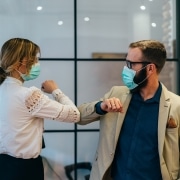CCO Highlight—AllCare Health
While all of our member CCOs are doing amazing things in their communities, this week, we decided to highlight the work that AllCare Health has been putting in to ensure that the children in their service area do not go hungry, despite the closure of schools.
Most children attending school in the Three Rivers School District are on a meal assistance program (MAP), meaning that they receive free or reduced cost lunches while at school. While schools are closed due to the pandemic, the children on MAP would not have access to meals normally provided to them on a daily basis. For children living in poverty, their main nutrition comes from the meals they receive at school.
Because AllCare Health is so ingrained in their community, they knew how many children rely on this food resource, and immediately took action to fill that gap by partnering with the Oregon Food Bank and the Three Rivers School District.
At the end of the day, AllCare Health and partners were able to donate, package, and deliver 180 boxes of food that all clocked in at about 9 pounds of weight. Why 9 pounds you ask? Because the staff at AllCare health wanted to give as much food as possible, but also wanted children to be able to carry their food boxes home if they had to walk to pick it up. Not only did these amazing partners consider the weight of their food package, they also made decisions about what to include in it, based on what would be easy enough (and yummy enough!) for children to cook on their own, as many parents may still have work obligations during the day.
A lot of hard work and brainstorming went into ensuring that these meals were given out in a timely fashion. In fact, several AllCare staff members personally hand-packaged and delivered these boxes of food to different schools throughout the district, all because they wanted to give back to their community. Sam Engel of AllCare Health said, “We wanted to make sure that our families, our neighbors were getting what they needed during this time.”
Originally, this relief was only planned for the two weeks Oregon schools were supposed to be closed. With the extension of school closures to April 28, AllCare intends to continue this program for the next four weeks in conjunction with its partners. Though the current pilot project is in coordination with the Three Rivers School District, AllCare Health is working with other school districts to expand this program to other areas.
In an official statement, AllCare Health said “The AllCare Care Coordination department is acutely aware that food insecurity is the number one social determinant of health challenge in our community.” AllCare Health is so committed to ensuring that Oregonians have access to food, they are coordinating several other food-resource services specifically for the COVID-19 pandemic. Another initiative AllCare Health is undertaking is the utilization of traditional health care workers to deliver groceries to the curbs of their most vulnerable members.
Thank you, AllCare Health, for your dedication, expertise, and genuine concern for your community!
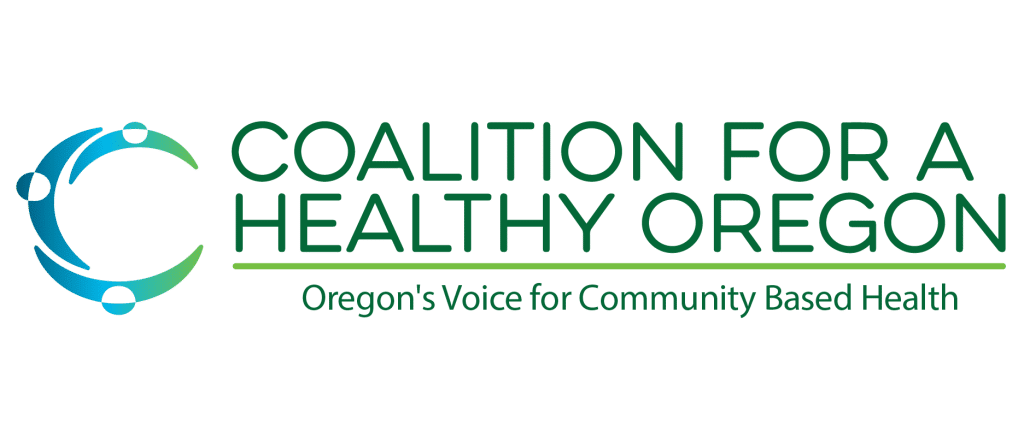
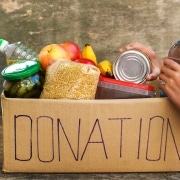

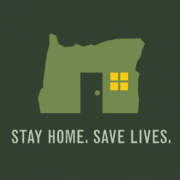
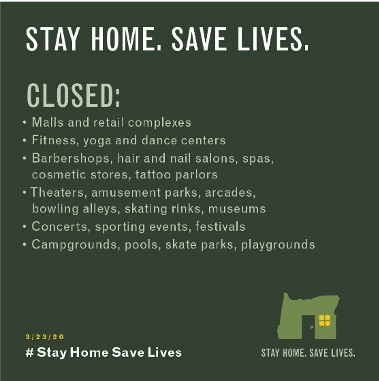 Residents should and can: stay home as much as possible, stay at least 6 feet away from others when you go out, go out for essentials like groceries and medical care, exercise outside like hiking and biking as long as you can maintain your 6 foot distance from others, and drop food off to neighbors who can’t go out.
Residents should and can: stay home as much as possible, stay at least 6 feet away from others when you go out, go out for essentials like groceries and medical care, exercise outside like hiking and biking as long as you can maintain your 6 foot distance from others, and drop food off to neighbors who can’t go out.